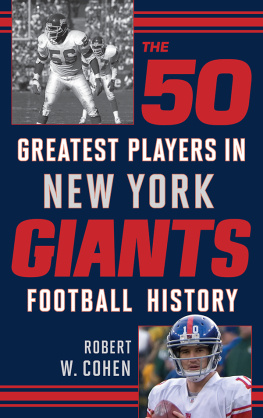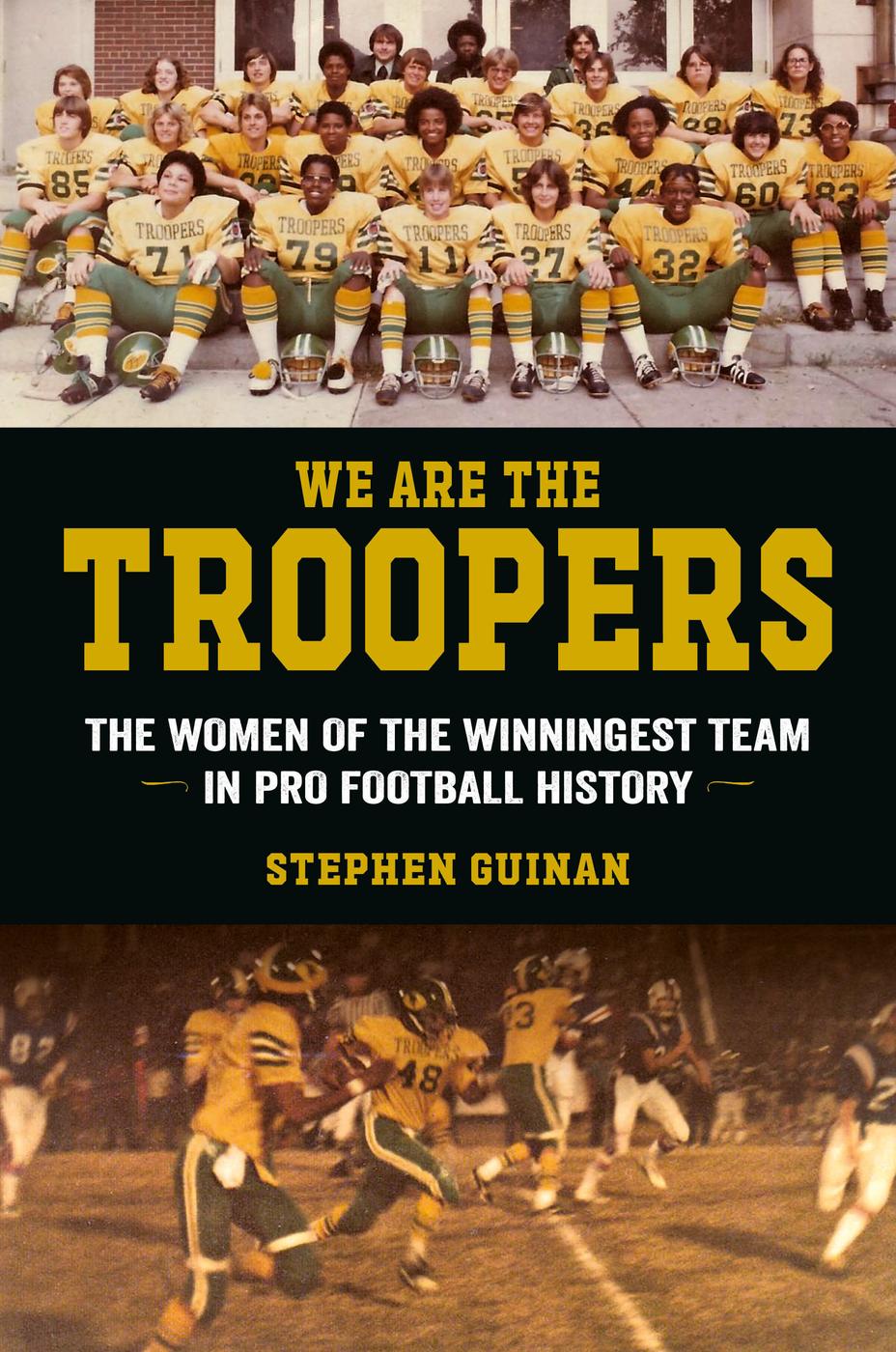
Copyright 2022 by Stephen Guinan
Cover design by Terri Sirma
Cover photographs: Top: Guy Stout; Bottom: photo courtesy of the author
Cover copyright 2022 by Hachette Book Group, Inc.
Hachette Book Group supports the right to free expression and the value of copyright. The purpose of copyright is to encourage writers and artists to produce the creative works that enrich our culture.
The scanning, uploading, and distribution of this book without permission is a theft of the authors intellectual property. If you would like permission to use material from the book (other than for review purposes), please contact permissions@hbgusa.com. Thank you for your support of the authors rights.
Hachette Books
Hachette Book Group
1290 Avenue of the Americas
New York, NY 10104
HachetteBooks.com
Twitter.com/HachetteBooks
Instagram.com/HachetteBooks
First Edition: August 2022
Published by Hachette Books, an imprint of Perseus Books, LLC, a subsidiary of Hachette Book Group, Inc. The Hachette Books name and logo is a trademark of the Hachette Book Group.
The Hachette Speakers Bureau provides a wide range of authors for speaking events.
To find out more, go to www.hachettespeakersbureau.com or call (866) 376-6591.
The publisher is not responsible for websites (or their content) that are not owned by the publisher.
Print book interior design by Jeff Stiefel.
Library of Congress Cataloging-in-Publication Data
Names: Guinan, Stephen, author.
Title: We are the Troopers : the women of the winningest team in pro
football history / Stephen Guinan.
Description: First edition. | New York, N.Y. : Hachette Books, 2022. |
Includes bibliographical references and index.
Identifiers: LCCN 2021055201 | ISBN 9780306846939 (hardcover) | ISBN
9780306846922 (ebook)
Subjects: LCSH: Toledo Troopers (Football team)History. | Womens
Professional Football LeagueHistory. | National Womens Football
League (U.S.)History. | Women football playersUnited
StatesHistory. | FootballUnited StatesHistory.
Classification: LCC GV956.T65 G85 2022 | DDC 796.3320973dc23/eng/20220104
LC record available at https://lccn.loc.gov/2021055201
ISBNs: 978-0-306-84693-9 (hardcover), 978-0-306-84692-2 (ebook)
DA-NF-ORI-20220827
For the players and coaches,
who followed a dream
Explore book giveaways, sneak peeks, deals, and more.
Tap here to learn more.

I grew up in Toledo in the 70s, watching my dad slap his knees and shout at the TV as his beloved Detroit Lions were getting shellacked. A devout football fan, he rooted with extreme prejudice for the teams of his youth, having grown up in Detroit, as well as those of his acquired hometown of Toledo. On weekends he left the Toledo Blade sports pages strewn about the kitchen. As I was learning to decode those headlines covering all manner of football from the NFL to college to the short-lived World Football League (WFL), one day I read about a team called the Toledo Troopers stomping the Detroit Demons. I asked my dad about it. Theyre a womens team, he said. And theyre the best team in the country.
One can never trust a fathers appraisal of his sports teams, but my dads tone was reverential. And the more I read, the more coverage I saw from the likes of Orris Tabner on Channel 11 sports, I came to understand that Dad was right. Toledo could pride itself as the home of the best.
And just as they were emerging in my consciousness, the team disappeared. No Blade stories. No nightly news segments. No championships. They were simply erased from existence.
Years later, by blind chance I sat next to a stranger in my high school cafeteria. My dad is the winningest coach in football history, he said.
Your dad is Don Shula? I asked. Tom Landry?
His name is Bill Stout, he said. He coached the Toledo Troopers.
Winningest? I asked.
Best winning percentage all-time, he told me. I know, he said. I was the waterboy.
The headlines came flooding back to me, as did the images of women in green and gold on the gridiron. But the picture was incomplete. In my mind the team had played for so long and had accomplished so much. There must be a history there.
Over the years, I would learn it. The waterboy and I became friends. Guy Stout would introduce me to the winningest coach himself, a barrel-chested force who related to others through bluster and busting chops. Later, I met the coaches Carl Hamilton, Jim Wright, Jerry Davis, and Mike Stout. When they spoke about the Troopers, I could hear an echo of my own dads pride: It was the best time of my life, Carl said.
And then I met the players.
Throughout the 70s, eighty-two women suited up for the Troopers. Some played only a season. Many played for several years before injuries or pregnancies or career paths took them away from the game. Two players, Jackie Allen and Pam Schwartz, played all nine seasons. Together the Troopers represented the most diverse demographic you could draw up, except for three common traits: They were women. They were from Toledo. And they were football players.
In researching the book Ive been touched by their stories, as well as those of their opponents in Detroit, Buffalo, Philadelphia, Dallas, Columbus, Middletown, Fort Worth, and Oklahoma City.
As the movement for womens equality reached the halls of Congress in the form of Title IX, these women took to the most violent of American sports. They understood the game at a primal level as only one who has suffered its brutality can. They bore scars and sprains and broken bones. They did not see themselves as agents of change, but surely they were part of it.
Today they share an inspired reverence for the memory of their playing days and of a camaraderie found only in football locker rooms. They speak with misty-eyed pride about what it means to be a champion, and how the lessons they learned playing football and preparing for it would impact the rest of their lives.
I was a Toledo Trooper, Gloria Jimenez told me. And it was the greatest thing Ive ever done.
I hope that telling this story honors what they did.
When my dad told me about the Troopers, I asked him who he would root for in a contest between his favorites Toledo and Detroit. He didnt hesitate.
Toledo all the way, he said.
The simple notice was a rectangular blank stare: Helvetica type, 1/32 of a page, in black and white.
Players and Coaches Wanted for
Professional Womens Football Team
In June 1971, the advertisement appeared on page 34 of the Toledo Blade, in the sports section, camouflaged by ads for Firestone tires and Imperial Lanes all-you-can-bowl and the postings for the horses at Raceway Park.
Lee Hollar had just clocked out of her shift at the Libbey glass plant, a four-acre churning furnace north of downtown. After work she liked to read the Blade on her porch in the thick evening air. When she saw the ad, she had no words. She read it over again and again, in disbelief. The ad struck Hollar not as a sign of the times but another sign, a calling whose specificity hit her like music. Her entire life she had known she was different. She never paraded around in dresses or dated boys, like her three sisters had. And while she had joined many of her classmates on the volleyball court or the softball diamond, she had always wanted something more. She had always dreamed of being a football player.



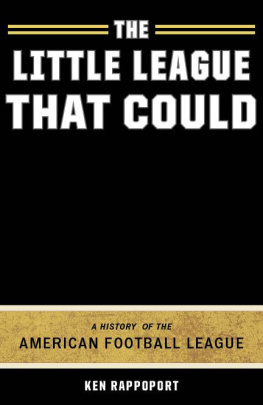
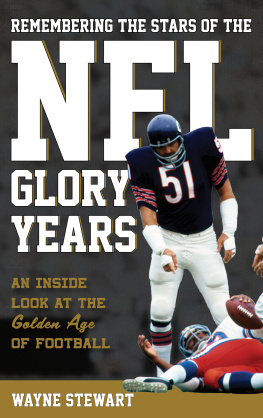

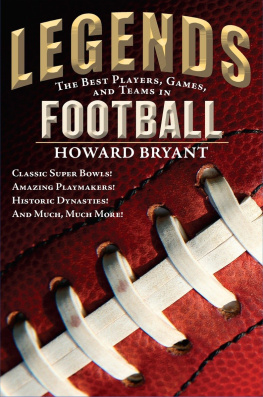
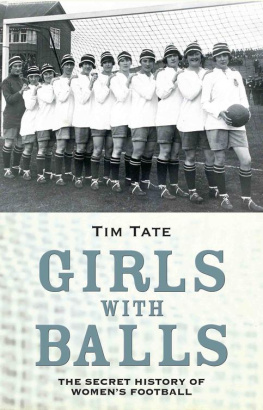
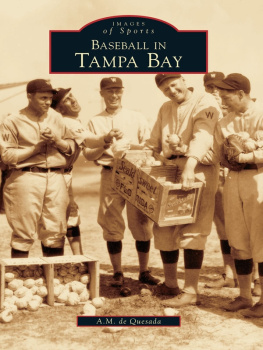
![National Football League. - Men of Sunday: [how faith guides the players, coaches, and wives of the NFL]](/uploads/posts/book/165636/thumbs/national-football-league-men-of-sunday-how.jpg)
